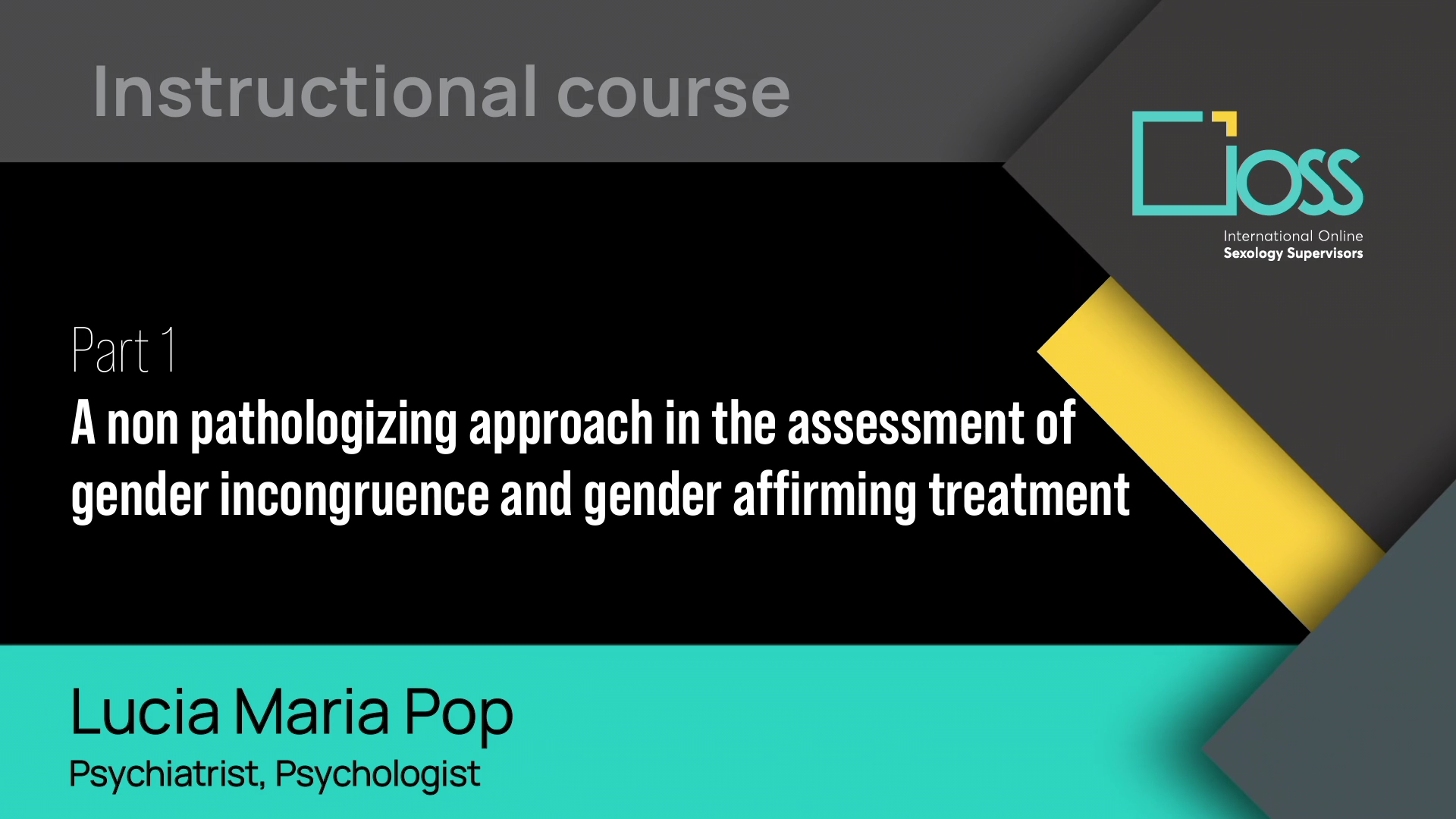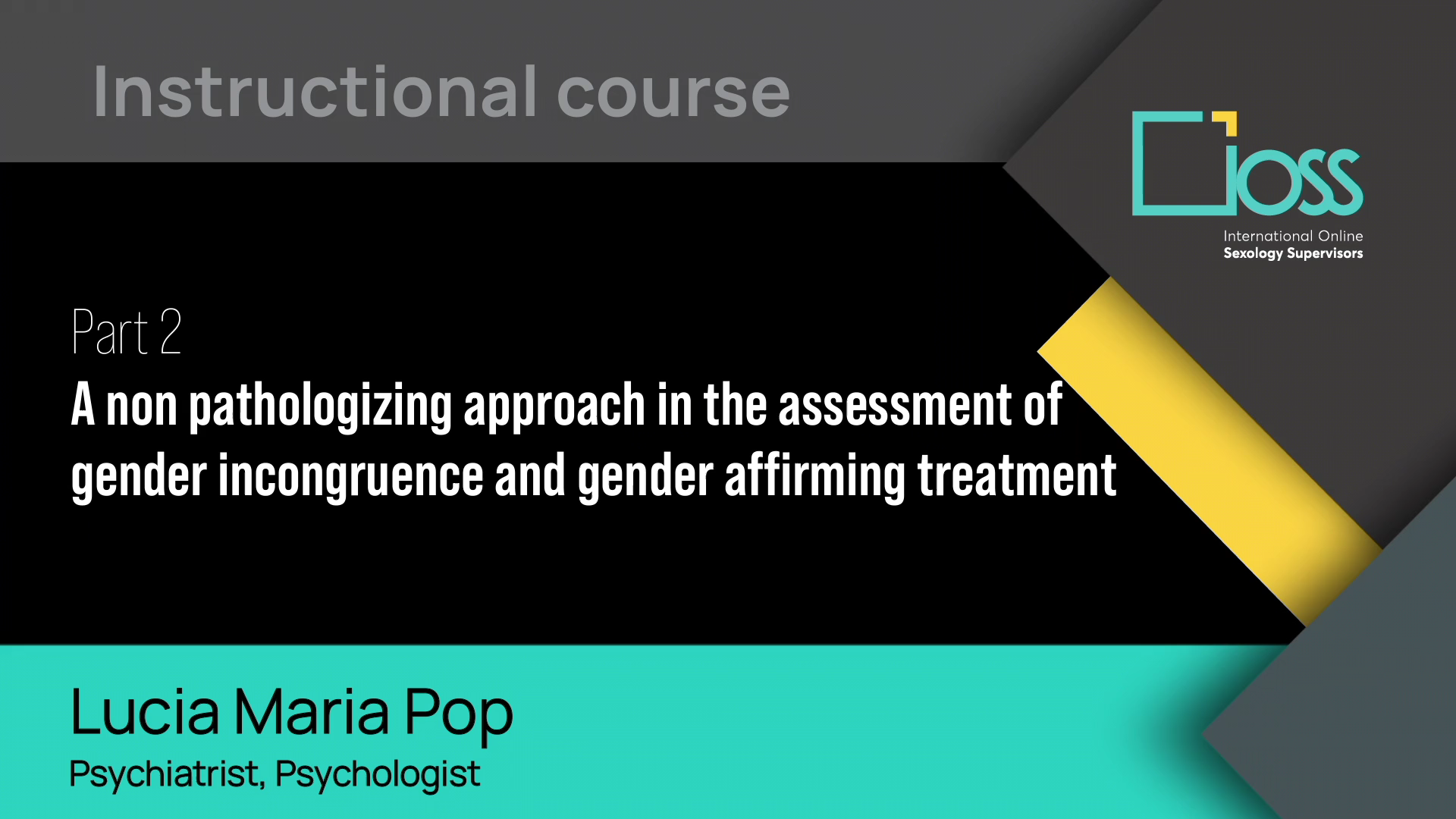A non pathologizing approach in the assessment of gender incongruence and gender affirming treatment (Part 1 & 2)
2h 47m
Maria Lucia Pop
Psychiatrist & Psychologist
Content and aim: With the publication of ICD-11, transgender identity has been officially recognized as a non-pathological condition and, therefore, as a standard variant of human identity and lived experience. The placement of gender incongruence – removed from the “Mental and behavioral disorders” chapter and included in the new “Conditions related to sexual health” chapter of ICD-11 – was the first decisive step towards shifting the paradigm of how to provide assessment and gender-affirming treatment to transgender persons. Denmark was a pioneer country in this process by removing the F.64 diagnoses in chapter V of ICD-10, “Classification of Mental and Behavioral Disorders” in January 2017 and replacing them with non-pathologizing diagnoses. Thus, gender incongruence has since then been interpreted as neither a somatic nor a psychiatric disorder.
What are the clinical implications of this, and how can it be done in practice? Using the Danish example and looking at recent research on transgender identity, the speaker will describe a modern approach to these conditions.
Examples form clinical cases will be used to illustrate the process from how to assess the transgender person´s treatment needs to how to fulfill them.
Learning Objectives:
- To describe and understand the development of transgender identity in a non-pathological frame;
- To understand the possible clinical presentations of gender incongruence in adults;
- To describe the assessment of gender incongruence and related needs for gender-affirming treatment;
- To describe the possible pathways of psychiatric morbidity and the relevance it can have for the gender-affirming treatment;
- To describe the role of the mental health professional according to this new paradigm of assessment and treatment.
Produced in 2021
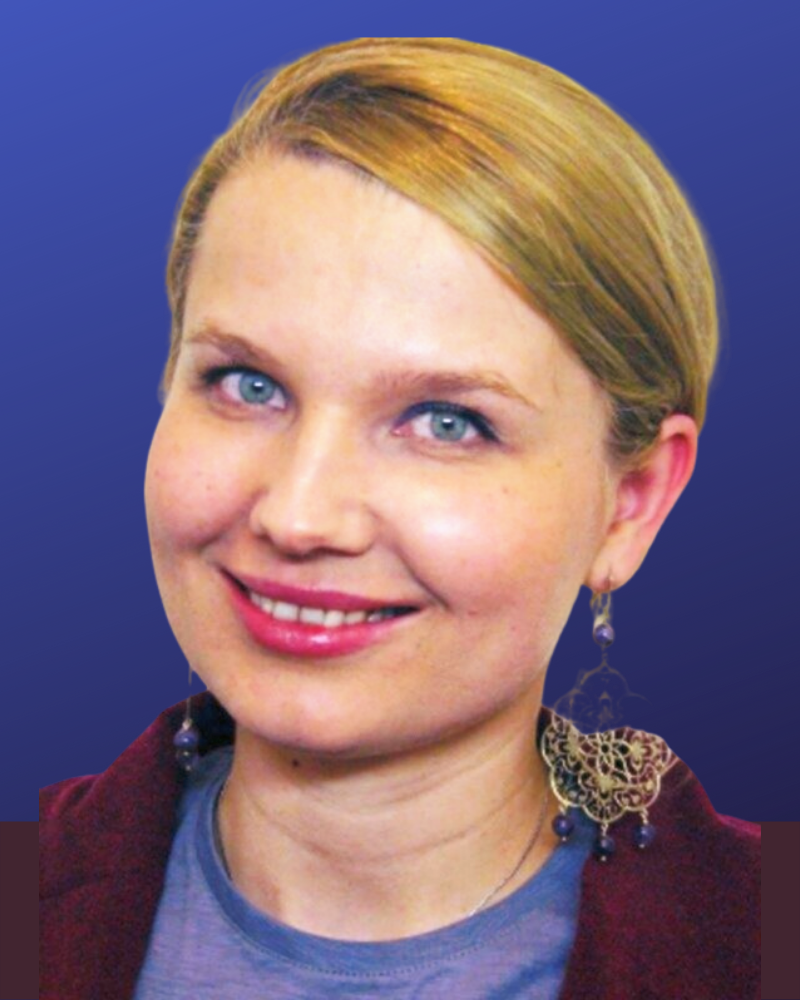
Maria Lucia Pop
Psychiatrist & Psychologist
Lecturer
Maria Lucia Pop is a medical doctor, clinical psychologist, and specialist in Psychiatry. She has worked in Romania, Italy and since 2014 in Aalborg, Denmark.
She is employed as a senior doctor at Sexological Center, Aalborg University Hospital, Denmark. She is a member of the multidisciplinary team in the hospital´s Center for Gender Identity and has participated in establishing the Center since its beginning. She is also a member of the National Committee established under the Danish Health Authority focused on the advancement of knowledge and research on transgender health. In the previous six years, her focus has been on assessment and treatment of sexual dysfunctions in both individuals and couples, and particularly on assessment and gender-affirming care for transgender and non-binary people. As such, currently her primary clinical practice and research interests concern transgender and non-binary people´s needs for healthcare, gender affirmation, thriving and improvement in quality of life, as well as the mental health professional´s role in addressing these needs.

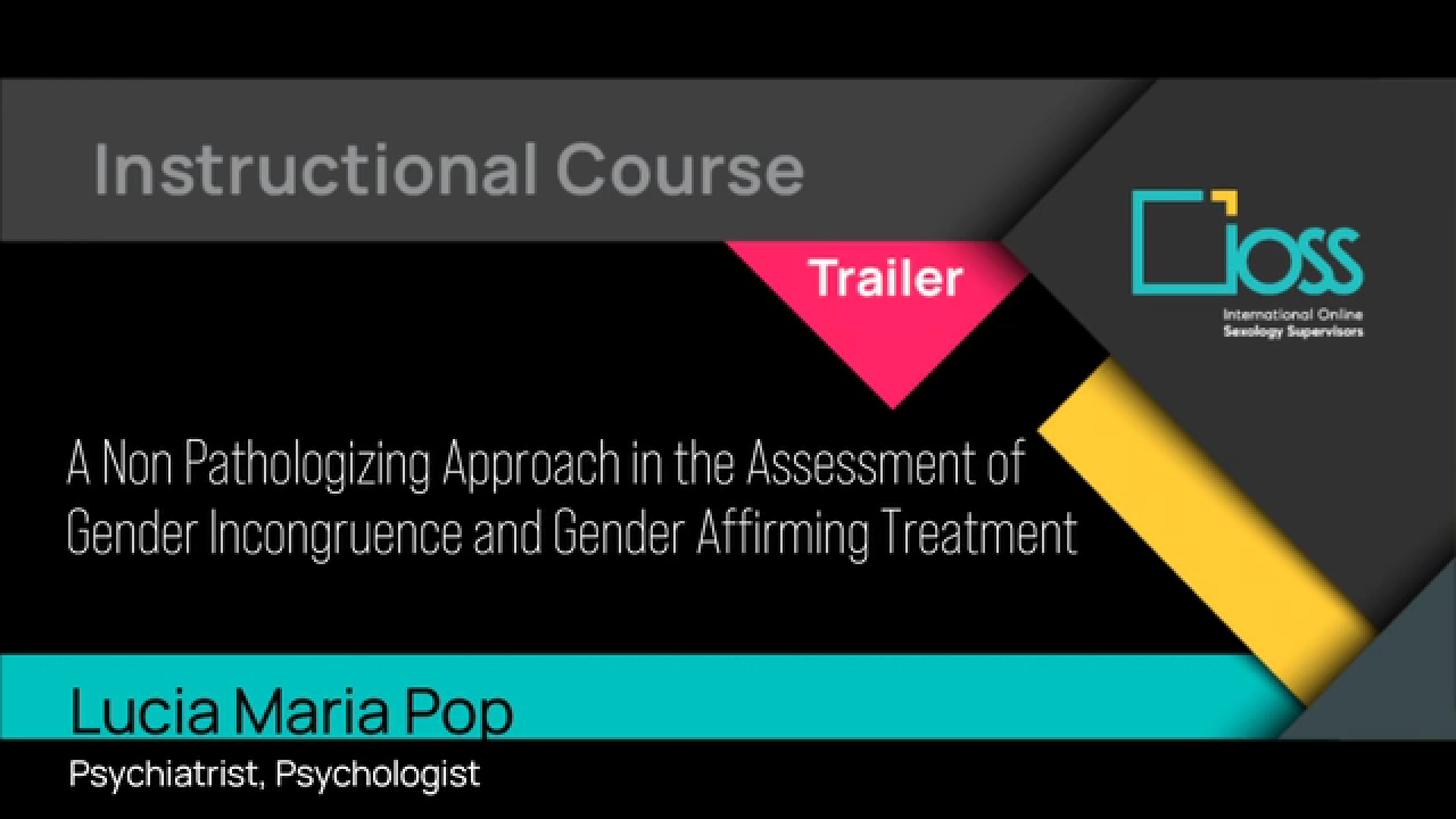 Trailer
Trailer